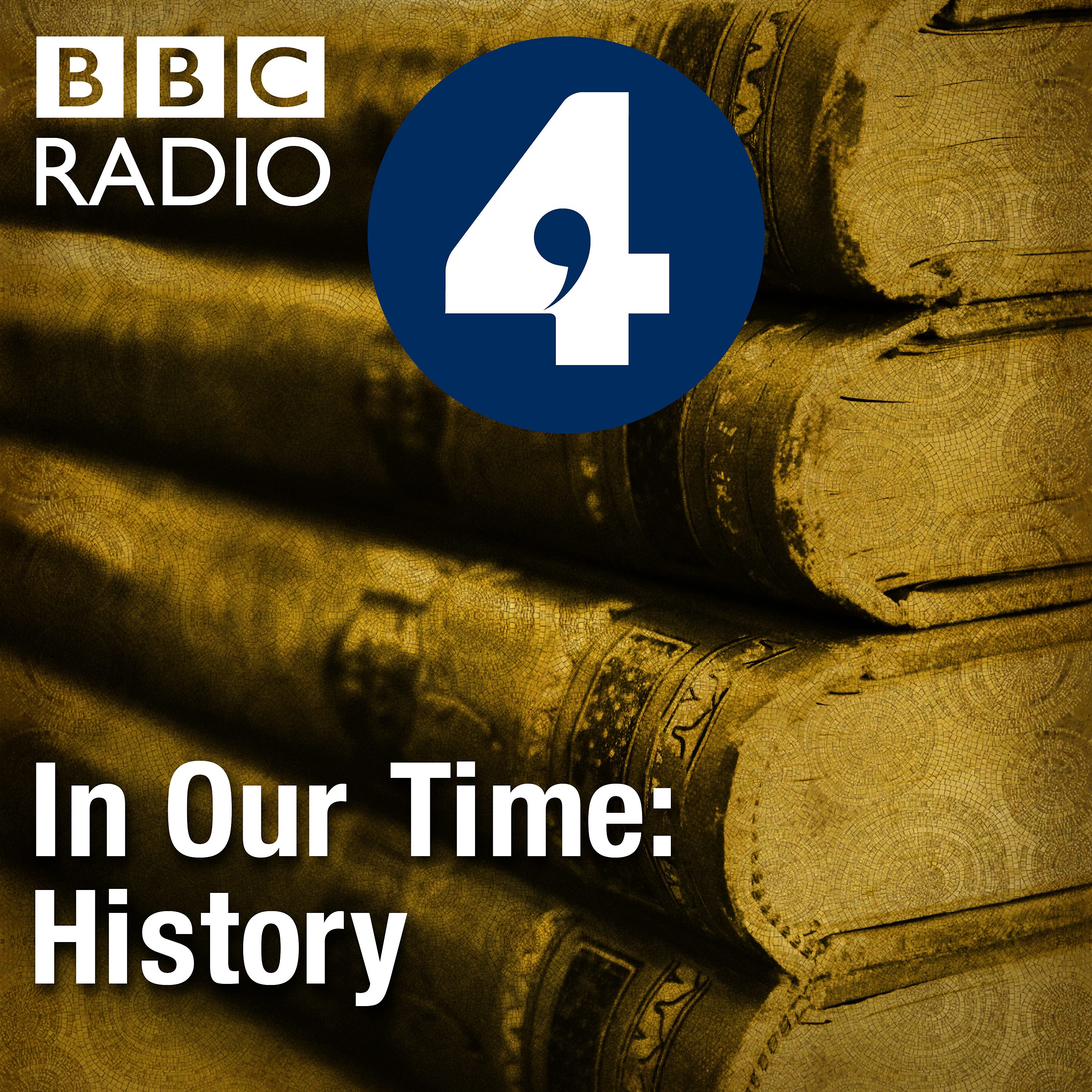Coffee
Description
Melvyn Bragg and guests discuss the history and social impact of coffee. From its origins in Ethiopia, coffea arabica spread through the Ottoman Empire before reaching Western Europe where, in the 17th century, coffee houses were becoming established. There, caffeinated customers stayed awake for longer and were more animated, and this helped to spread ideas and influence culture. Coffee became a colonial product, grown by slaves or indentured labour, with coffea robusta replacing arabica where disease had struck, and was traded extensively by the Dutch and French empires; by the 19th century, Brazil had developed into a major coffee producer, meeting demand in the USA that had grown on the waggon trails.
With
Judith Hawley
Professor of 18th Century Literature at Royal Holloway, University of London
Markman Ellis
Professor of 18th Century Studies at Queen Mary University of London
And
Jonathan Morris
Professor in Modern History at the University of Hertfordshire
Producer: Simon Tillotson
More Episodes
Melvyn Bragg and guests discuss the most influential work of Thorstein Veblen (1857-1929). In 1899, during America’s Gilded Age, Veblen wrote The Theory of the Leisure Class as a reminder that all that glisters is not gold. He picked on traits of the waning landed class of Americans and showed...
Published 12/14/23
Published 12/14/23
Melvyn Bragg and guests discuss the North African privateers who, until their demise in the nineteenth century, were a source of great pride and wealth in their home ports, where they sold the people and goods they’d seized from Christian European ships and coastal towns. Nominally, these...
Published 12/07/23


